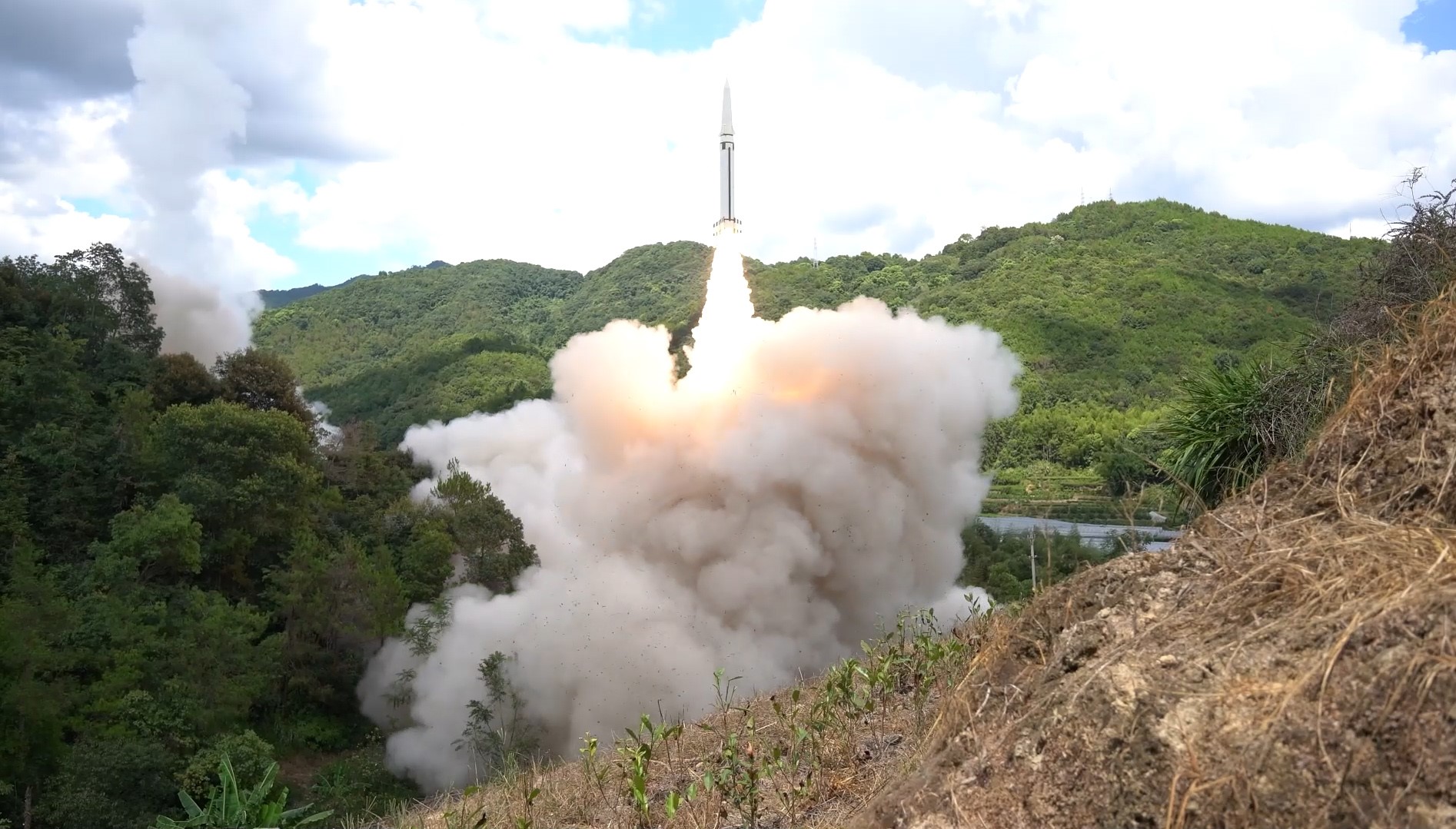Military likely use "specialty" chips that are made with mature and proven technology or commodity stuff you can buy from everywhere.
What most likely China would do is 1) commodity chips they can easily make for their own market instead of export (DRAM, NAND, RISC V). This would likely cost slightly more than the latest commodity from SK, US, or Taiwan, but that money is kept in their own economy and help reinvest into their future growth and 2) advanced technology they cannot make with good yield and be competitive with international market products. They may make some great chips at low yield and therefore high cost, so they will be able to keep their other industry alive without foreign chips (Huawei in particular, maybe other AI house like Baidu, etc). They likely have to rely more on redesigning frequently to keep up instead of less frequent update (i.e. using ASIC instead of FPGA in their cellular equipment and keep replacing boards, instead of using FPGA and just reprogram it frequently). 3) They may focus on packaging instead of lithography (node size) to gain back some lost advantage. I read a report that said AI chip cost more in HBM and silicon interposer than the GPU die. HBM and silicon interposer may be made at high cost in China but they cannot make the latest GPU die without EUV equipment from ASML, so they likely would just spend more to "catch up" this way.
In the end it will impact the profitability of other companies, especially those with US ownership, as trade war casualty (Micron likely being the #1).


